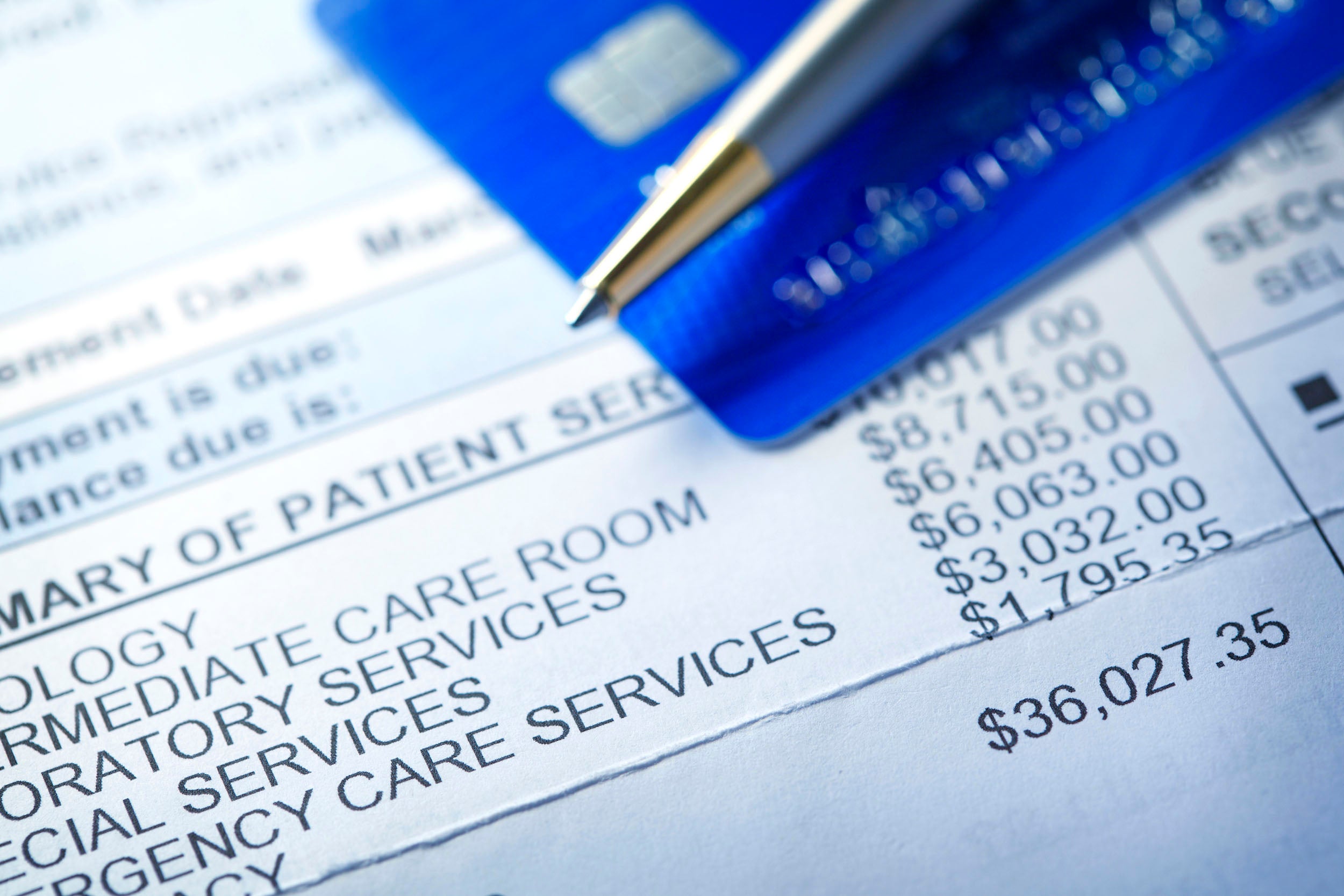Medical debt “totally traumatizes people” and “discourages people from going anywhere near the health care system,” said Robert Yates, director of the Global Health Programme and executive director of the Centre for Universal Health at Chatham House. Panelists agreed that fear of medical debt had likely hindered the global fight against COVID-19.
Yates’ comments came during the second in a series of livestreamed COVID-19-related events organized by Harvard Law School’s Petrie-Flom Center for Health Law Policy, Biotechnology, and Bioethics. The March 27 event, “Debt, Dignity, and Health Care: Guaranteeing Health Rights and Universal Health Coverage,” was organized by Petrie-Flom Center Senior Fellow in Global Health and Rights and human rights scholar Alicia Ely Yamin J.D. ’91/M.P.H. ’96, and Petrie-Flom Center Executive Director Carmel Shachar J.D./M.P.H. ’10. It featured an interdisciplinary panel of journalists and a health delivery researcher to discuss the issue of medical debt collection practices in places such as West Africa, Memphis, Tennessee, and Virginia.
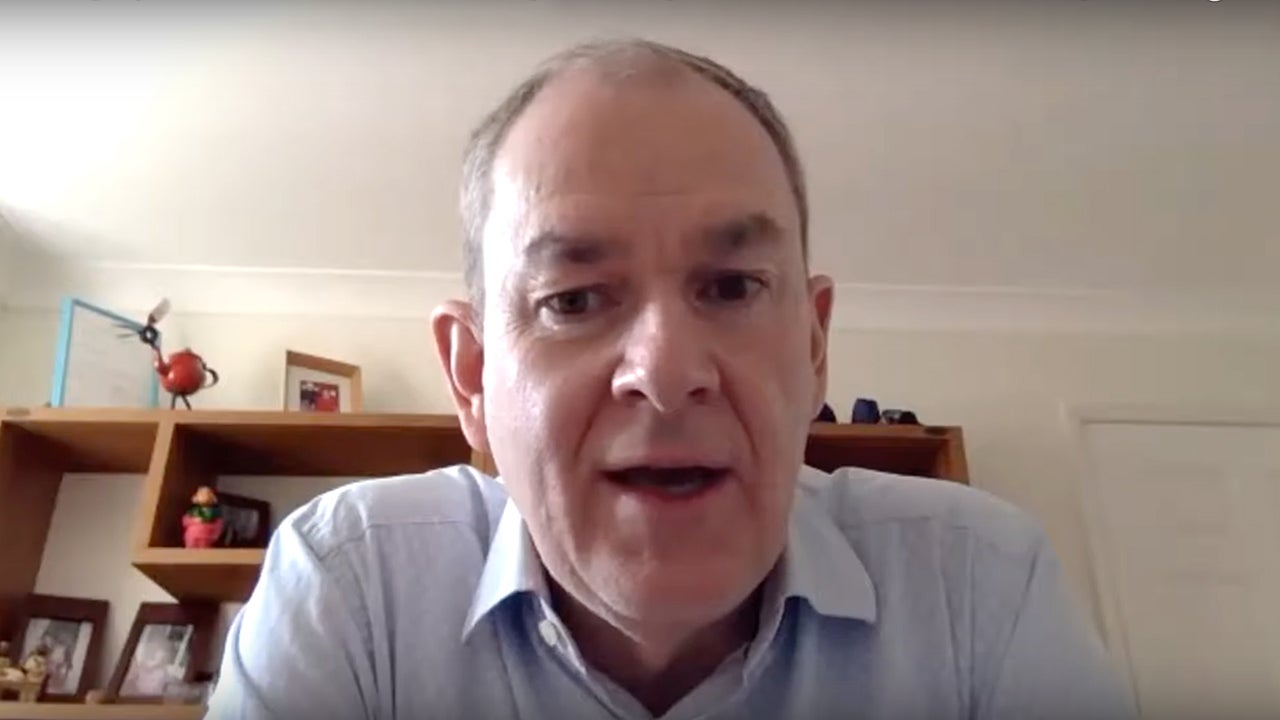
The reporters on the panel, who both investigated aggressive debt collection practices by hospitals in the U.S., said they considered it likely fear of medical debt might have hastened the spread of COVID-19 in the United States.
Low-pay essential workers, such as grocery store clerks and gig workers, are among the most vulnerable to exposure, said investigative journalist and former fellow at Harvard’s Nieman Foundation for Journalism Wendi C. Thomas. She added that these workers are also more likely to have minimal or patchwork health insurance. In cases like this, the decision to seek care may involve weighing tradeoffs between personal health and potential financial ruin.
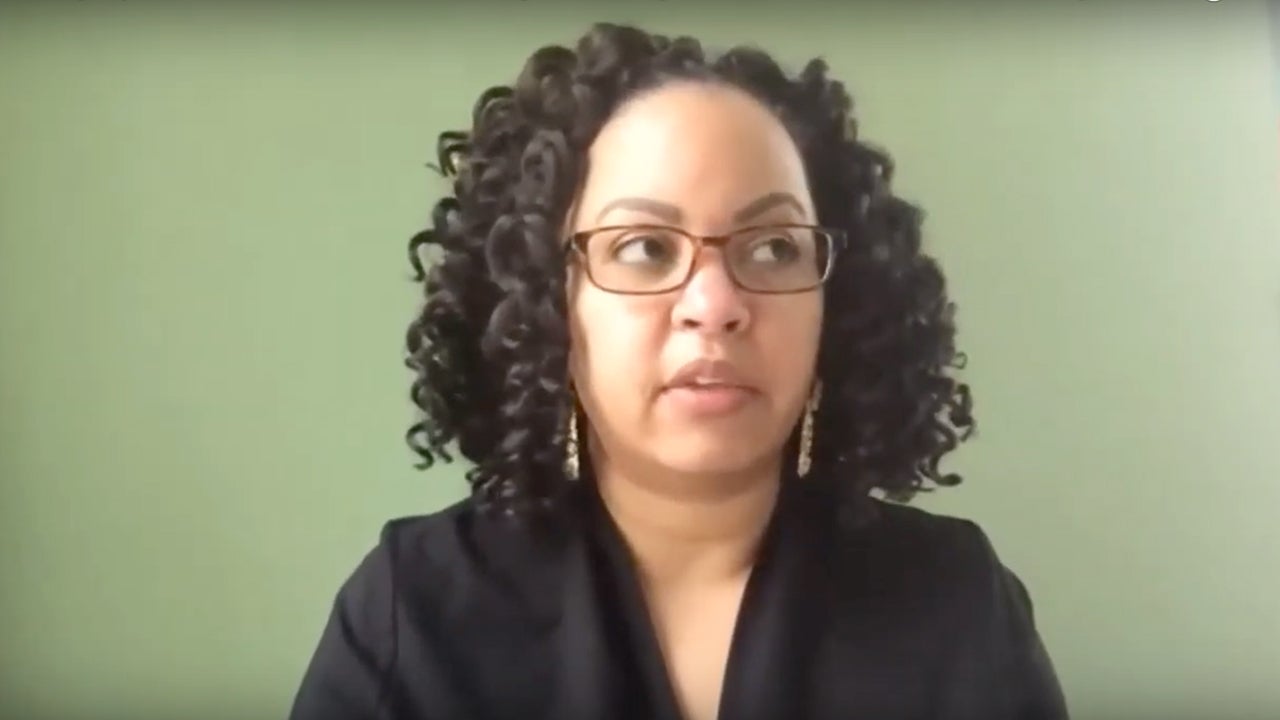
“Coronavirus is just heightening our awareness of how stacked the system is against low-income people and low-income workers,” Thomas said. “I haven’t seen a strong public health message here, locally, that people should put their health first, and that they will not be burdened with undue costs because of this.”
“I’m quite certain that somewhere out there, there is a COVID patient who delayed seeking care because of uncertainty about the medical system,” added Jay Hancock. Hancock said that he expects COVID-19 to exacerbate medical debt issues in the U.S., offering the example that one patient’s treatment for the disease cost $34,927.43. Hancock, a senior correspondent for Kaiser Health News, contributed to the outlet’s award winning investigation of the University of Virginia Health System’s aggressive billing practices, which found that over six years, the health system filed more than 36,000 patient lawsuits seeking a total of over $106 million for unpaid bills.
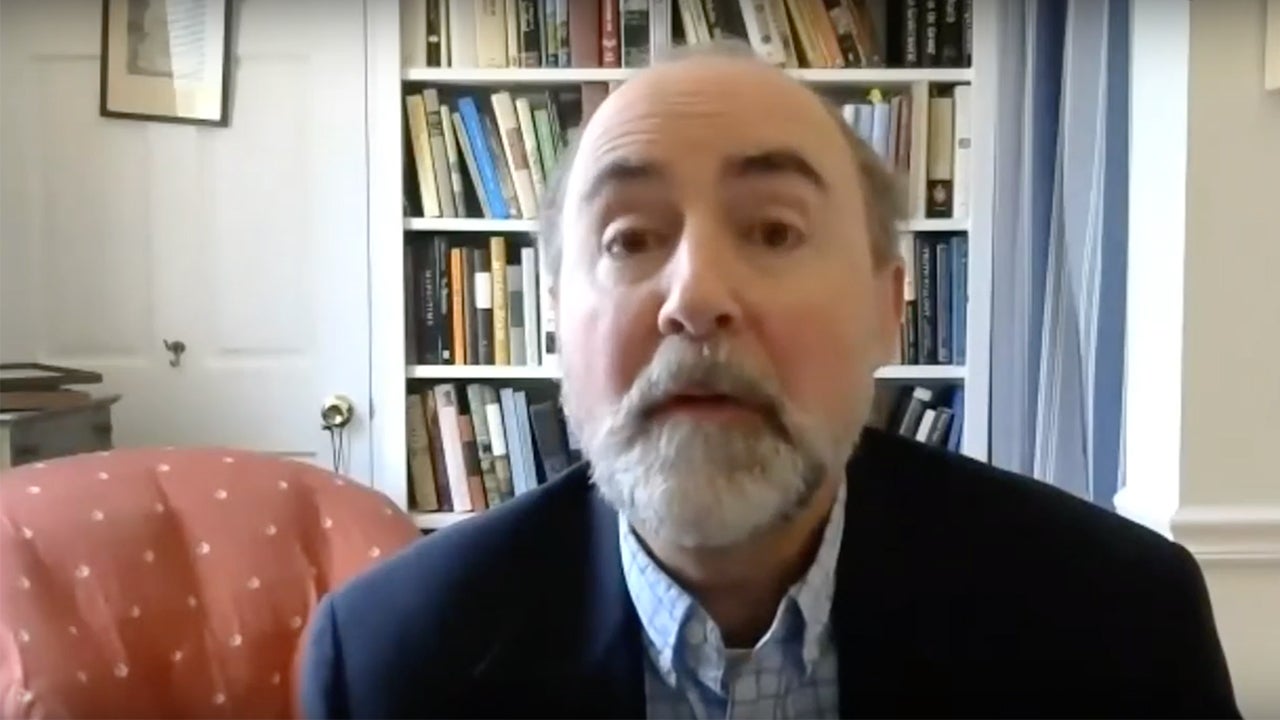
Thomas’s investigation of Methodist Le Bonheur Healthcare yielded similar findings. The series, Profiting from the Poor: Inside Memphis’ Debt Machine, a collaboration between MLK50: Justice Through Journalism and ProPublica, showed how the nonprofit hospital system brought 8,300 lawsuits for unpaid medical bills in just five years.
While medical debt collection typically proceeds through the legal system in the United States, in some countries, particularly in sub-Saharan Africa, Yates’ research shows a different approach—hospital detention. There, the practice of hospital detention for nonpayment of fees is widespread, especially in Nigeria, Democratic Republic of Congo, Cameroon, Kenya and Zimbabwe, according to Yates. “People are being locked up, detained in hospitals against their will because basically they can’t pay their hospital bills,” he said.
Despite these differences, the panelists remarked on the similarities in the drivers and consequences of aggressive medical debt collection practices worldwide.
“I’m just amazed and shocked at the parallels of what Wendi and I found, and what Rob found,” Hancock said. The drivers of aggressive domestic medical debt collection practices, Hancock said, include the American fee-for-service medical system, lack of up-front transparency about health care costs, confusing, narrow provider networks, bureaucratic inertia, and the patchwork nature of many Americans’ insurance coverage. Similarly, Yates found that the practice of hospital detention for nonpayment of fees was spurred by three key factors: low levels of public health care financing, high user fees, and weak governance.
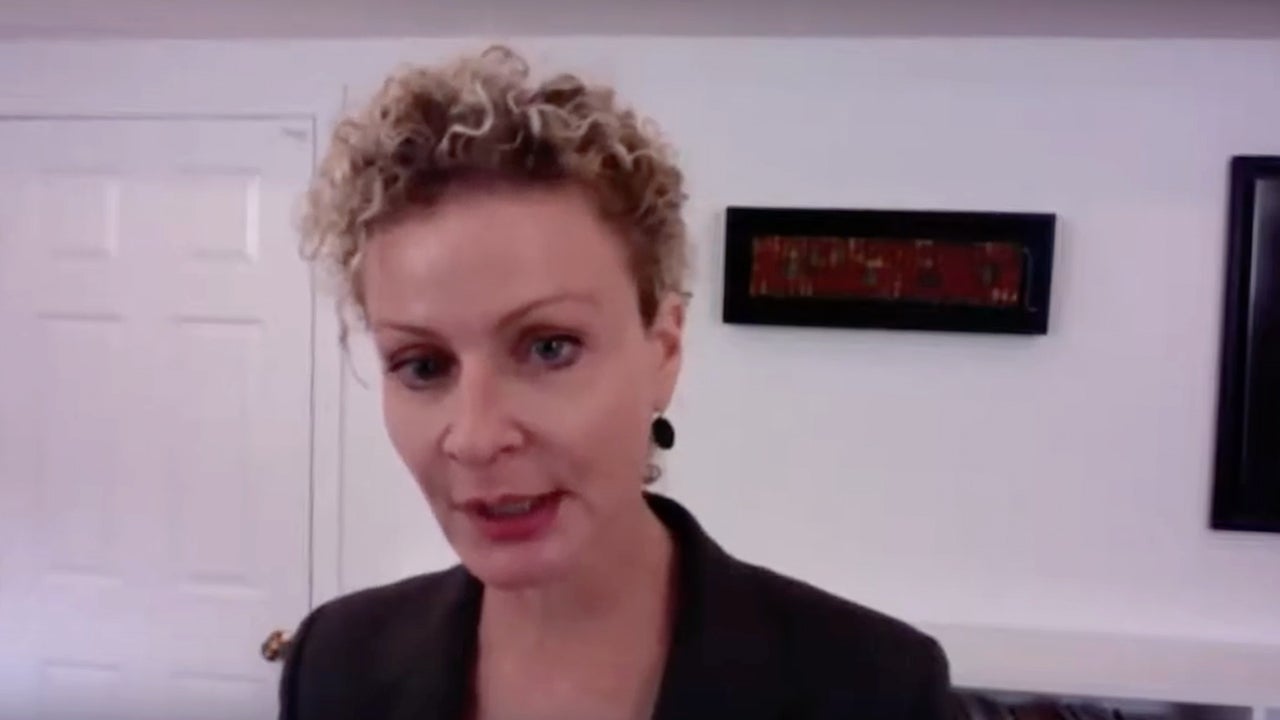
Yamin described the event as an opportunity to examine diverse contexts in which medical debt plays out as a way of breaking down some of the colonialism in discussions of global health issues, as well as the insularity of U.S. health policy. The juxtaposition offered a window into the dynamics of inequitable financing and structuring of health systems across very different resource contexts.
Across the settings discussed, the panelists agreed that addressing the issue of medical debt will require legislation at the federal level. “Medical debt is a violation of human rights, and the way to overcome it is through publicly financed universal health coverage,” Yates said. And while the COVID-19 pandemic might exacerbate medical debt issues in the near-term, event organizer and moderator Yamin argued that the crisis also provided the opportunity for catalyzing structural reform in the future.
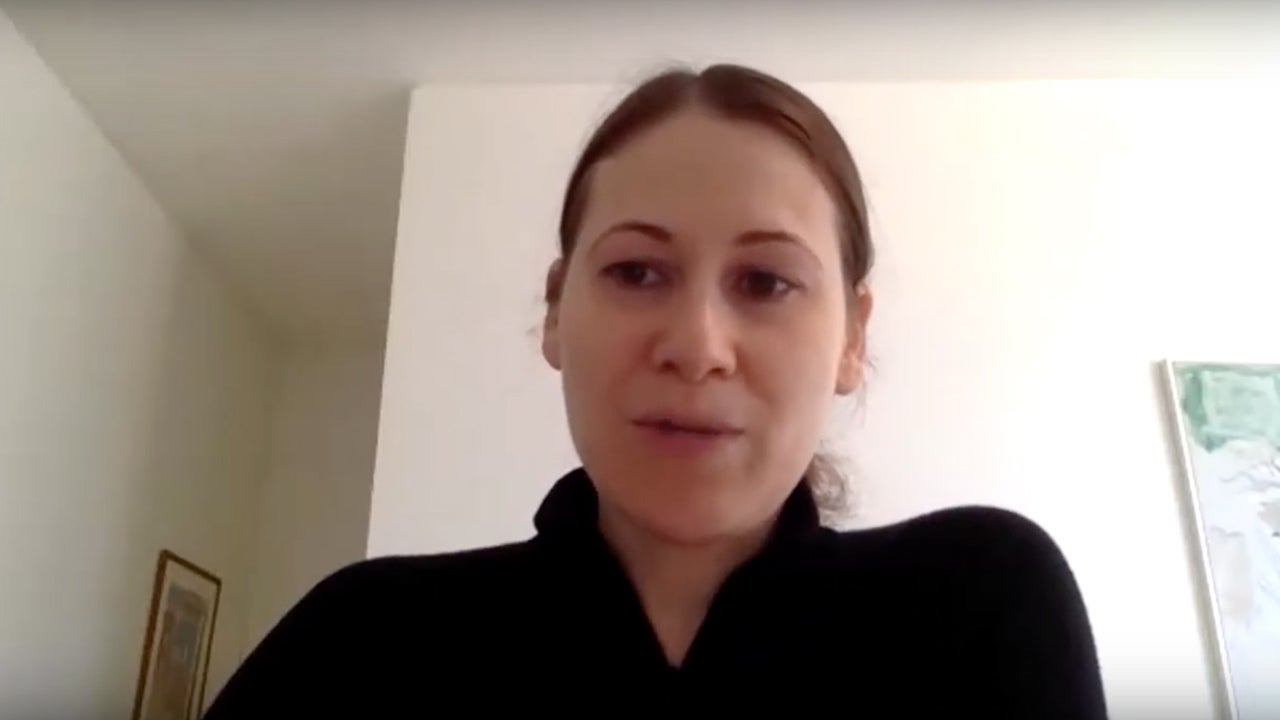
“We can only hope that this COVID crisis, which is really revealing so many of the inequalities in social determinants of health in our society…makes us wake up and think about health systems as functioning as social institutions and not just as technical delivery apparatuses for goods and services,” she said. “If there’s anything that’s positive that may come out of this crisis it is that we start to rethink about the need for universal and equitable health systems as part of the fabric of our democracies.”
In response to the global health crisis, the Petrie-Flom Center is focused on delivering health law and ethics content by hosting a series of livestreamed events on topics relating to COVID-19. The Petrie-Flom Center’s next virtual event, titled “Disability, COVID-19, and Triage: Exploring Resource Allocation and the Framing of Disability,” will be held on April 14. (Register for the livestream.) Other upcoming events will include a discussion of ethics and personal protective equipment supplies and a series highlighting the work that scholars and programs from around Harvard University, such as the Edmond J. Safra Center for Ethics, are doing to guide policymakers, health care providers, and other leaders.
